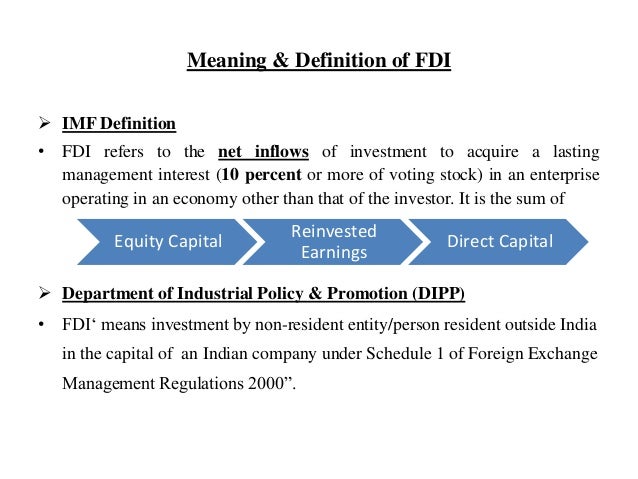
In this context, the term "foreigner" refers to those in the population whose heritage cannot be traced back to the host country. Where people were born is not as important as if and how they can trace their ancestry back to the origin country. In a jus sanguinis system, descent and heritage play a pivotal role in defining who is, and can become, a citizen.

#FOREIGNER DEFINITION FULL#
When combined, both place of birth and citizenship status can be used to divide the population into three categories-native-born citizens, foreign-born citizens, and non-citizens-and define who among the foreign born has acquired the full rights and responsibilities bestowed on all citizens. Foreign-born residents can, under certain circumstances, change their status and become citizens through naturalization. Thus, in a jus soli context, the term "foreign born" refers to residents of a country who were born in another country.

Although there are exceptions to this rule, in general, people born in these countries are citizens, while people born outside are non-citizens. In a jus soli system, citizenship is based on place of birth. Although these are "ideal types," they remain useful in explaining the divergent outcomes of citizenship policies. In general, the majority of people around the world acquire citizenship in one of two ways: "by birth" ( jus soli) or "by blood" ( jus sanguinis). The influence of socio-cultural norms and historical experiences on migration statistics is best illustrated in the similar-yet-different concepts of "foreign born" and "foreigner," both of which are rooted in and reflect very different models of citizenship. Models of Citizenship: Jus Soli and Jus Sanguinis This variability has a direct impact on the way the governments of those countries collect, process, and present migration data-and on the ability of data users to make direct comparisons among countries. Throughout the world, countries demarcate their national identities by defining what seem to be immutable migration-related concepts, such as "migrant," "immigrant," or "citizen," in distinct ways. Like other official numbers, international migration statistics also reflect the culture and history of the country in which they are generated.

Thus, official statistics actually embody socio-cultural influences that can prove to be problematic when attempting to compare data from different countries. All aspects of a data collection system-from what data are collected, to the questions asked on surveys and censuses, even to what data are ultimately analyzed and disseminated-are influenced by this same context. Contrary to popular belief, numbers are not always "just numbers." As social scientists point out, many official statistics released by government agencies reflect the culture and history of the country in which they are generated.


 0 kommentar(er)
0 kommentar(er)
